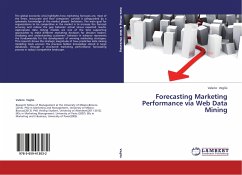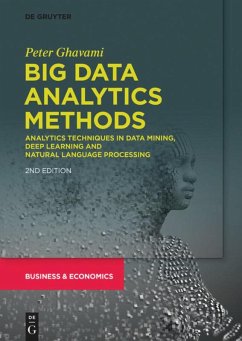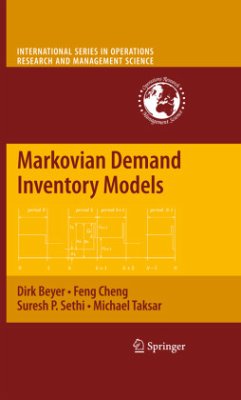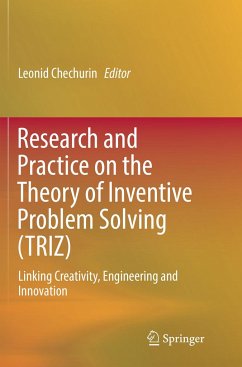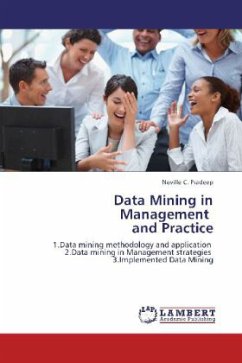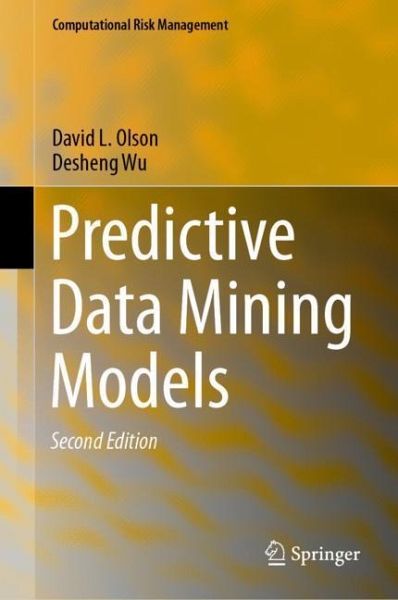
Predictive Data Mining Models
Versandkostenfrei!
Versandfertig in 6-10 Tagen
68,99 €
inkl. MwSt.
Weitere Ausgaben:

PAYBACK Punkte
34 °P sammeln!
This book provides an overview of predictive methods demonstrated by open source software modeling with Rattle (R') and WEKA. Knowledge management involves application of human knowledge (epistemology) with the technological advances of our current society (computer systems) and big data, both in terms of collecting data and in analyzing it. We see three types of analytic tools. Descriptive analytics focus on reports of what has happened. Predictive analytics extend statistical and/or artificial intelligence to provide forecasting capability. It also includes classification modeling. Prescript...
This book provides an overview of predictive methods demonstrated by open source software modeling with Rattle (R') and WEKA. Knowledge management involves application of human knowledge (epistemology) with the technological advances of our current society (computer systems) and big data, both in terms of collecting data and in analyzing it. We see three types of analytic tools. Descriptive analytics focus on reports of what has happened. Predictive analytics extend statistical and/or artificial intelligence to provide forecasting capability. It also includes classification modeling. Prescriptive analytics applies quantitative models to optimize systems, or at least to identify improved systems. Data mining includes descriptive and predictive modeling. Operations research includes all three. This book focuses on prescriptive analytics.
The book seeks to provide simple explanations and demonstration of some descriptive tools. This second editionprovides more examples of big data impact, updates the content on visualization, clarifies some points, and expands coverage of association rules and cluster analysis. Chapter 1 gives an overview in the context of knowledge management. Chapter 2 discusses some basic data types. Chapter 3 covers fundamentals time series modeling tools, and Chapter 4 provides demonstration of multiple regression modeling. Chapter 5 demonstrates regression tree modeling. Chapter 6 presents autoregressive/integrated/moving average models, as well as GARCH models. Chapter 7 covers the set of data mining tools used in classification, to include special variants support vector machines, random forests, and boosting.
Models are demonstrated using business related data. The style of the book is intended to be descriptive, seeking to explain how methods work, with some citations, but without deep scholarly reference. The data sets and software are all selected for widespread availability and access by any reader with computer links.
The book seeks to provide simple explanations and demonstration of some descriptive tools. This second editionprovides more examples of big data impact, updates the content on visualization, clarifies some points, and expands coverage of association rules and cluster analysis. Chapter 1 gives an overview in the context of knowledge management. Chapter 2 discusses some basic data types. Chapter 3 covers fundamentals time series modeling tools, and Chapter 4 provides demonstration of multiple regression modeling. Chapter 5 demonstrates regression tree modeling. Chapter 6 presents autoregressive/integrated/moving average models, as well as GARCH models. Chapter 7 covers the set of data mining tools used in classification, to include special variants support vector machines, random forests, and boosting.
Models are demonstrated using business related data. The style of the book is intended to be descriptive, seeking to explain how methods work, with some citations, but without deep scholarly reference. The data sets and software are all selected for widespread availability and access by any reader with computer links.






